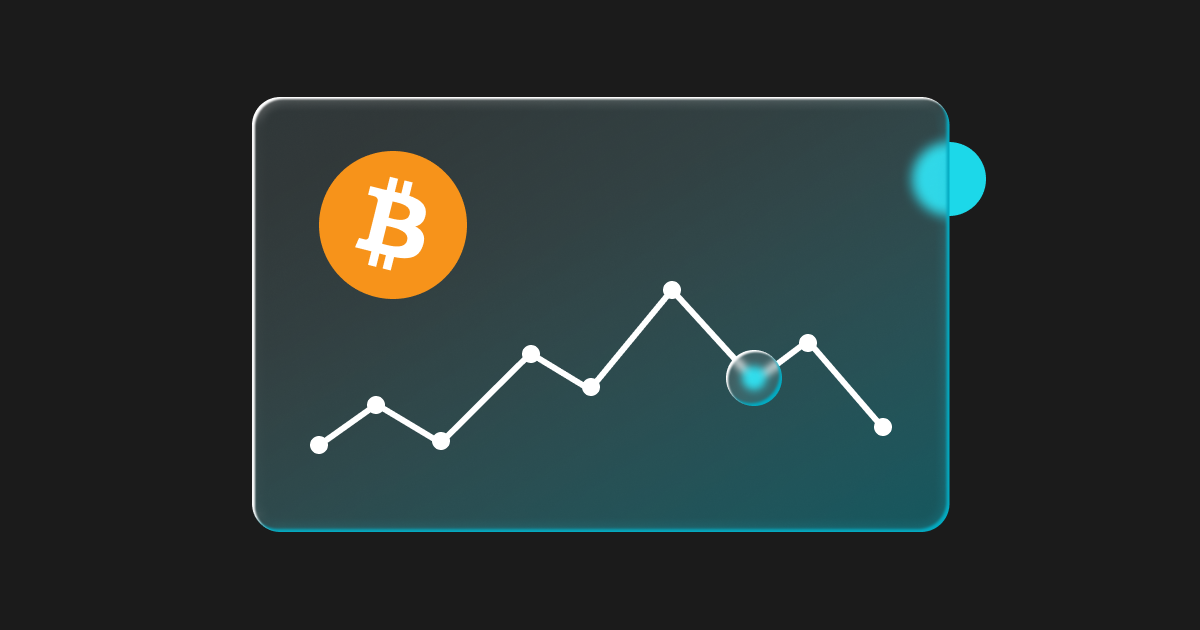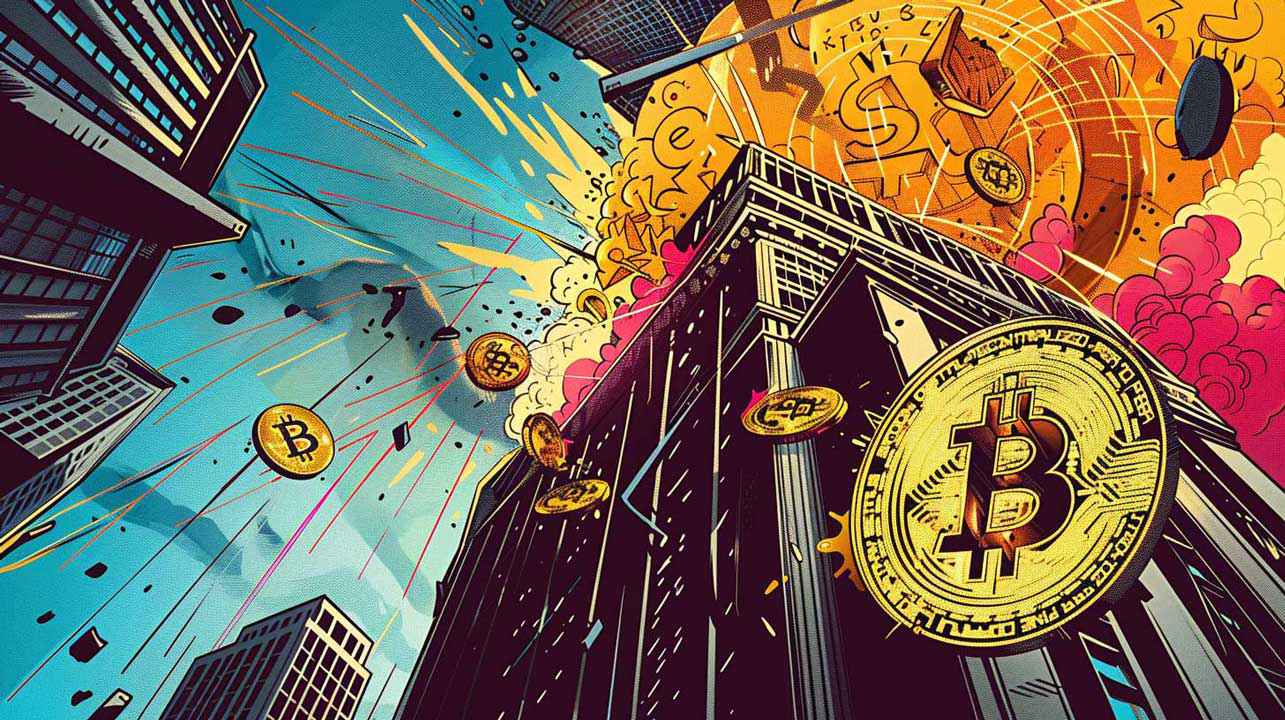Trump’s Shocking Tariff Warning: Brace for Costly Economic Impact?
In a move that has once again sent ripples through global economic circles, former U.S. President Donald Trump has issued a stark warning regarding potential shifts in tariff policy. Speaking at a recent Cabinet meeting, Trump articulated that these changes would be ‘costly and problematic,’ signaling a potentially turbulent period ahead for international trade and financial markets. For those invested in or closely monitoring the cryptocurrency space, such pronouncements are crucial. Why? Because broader economic policies, especially those concerning trade and tariffs, can have cascading effects on market sentiment, investor behavior, and ultimately, the landscape of digital assets.
Decoding Trump’s Tariff Policy Stance: What’s the Fuss About?
Donald Trump’s approach to tariff policy has always been assertive, often prioritizing what he perceives as American interests first. His recent statements are a continuation of this stance, emphasizing a willingness to disrupt established trade norms. But what exactly did he say, and what are the possible implications?
- ‘Costly and Problematic’: Trump didn’t mince words, labeling the impending changes as potentially detrimental. This suggests he acknowledges the short-term pain that could accompany these policy shifts.
- ‘No One Else Had Taken It On’: This statement underscores Trump’s self-proclaimed role as a disruptor of the status quo. He frames his tariff policies as necessary actions that previous administrations were unwilling to undertake.
- ‘Difficult Transition, Positive End Result’: Here lies a glimmer of optimism, albeit couched in the acknowledgment of near-term difficulties. Trump believes that while the transition will be challenging, the ultimate outcome of his tariff policy changes will be beneficial.
These points, as reported by Walter Bloomberg’s economic news account on X, paint a picture of a leader doubling down on his trade strategies, despite potential economic headwinds. But what does this mean for the average investor, and more specifically, for those in the crypto market?
The Economic Impact of Trump Tariffs: Beyond the Headlines
To truly understand the potential ramifications, we need to delve deeper into the economic impact of tariff policies. Tariffs, essentially taxes on imported goods, are designed to protect domestic industries by making imported products more expensive. However, the reality is far more complex and often involves unintended consequences.
Potential Positive Impacts (According to Proponents):
- Boosting Domestic Industries: Tariffs can make domestically produced goods more competitive, potentially leading to increased production and job creation within the country imposing the tariffs.
- National Security: In certain sectors deemed critical for national security, tariffs can reduce reliance on foreign suppliers, strengthening domestic capabilities.
- Negotiating Leverage: Tariffs can be used as a tool in trade negotiations, pressuring other countries to reduce their own trade barriers or address other trade-related concerns.
Potential Negative Impacts (The Concerns):
- Increased Consumer Prices: Tariffs raise the cost of imported goods, which can be passed on to consumers in the form of higher prices for everyday products. This can lead to inflation and reduce purchasing power.
- Retaliatory Tariffs: Imposing tariffs often invites retaliatory measures from other countries, leading to trade wars where multiple countries impose tariffs on each other’s goods. This can severely disrupt global trade flows and harm businesses on all sides.
- Supply Chain Disruptions: Tariffs can disrupt established global supply chains, forcing businesses to find alternative, potentially less efficient, and more costly sources for inputs.
- Reduced Economic Growth: Trade wars and increased costs due to tariffs can dampen economic growth, both domestically and globally. Uncertainty surrounding trade policy can also deter investment.
The economic impact of these policies is a highly debated topic, with economists holding diverse views on the net effect. The complexity arises from the interconnectedness of the global economy, where actions in one area can have far-reaching and often unpredictable consequences.
Trade Policy Under Scrutiny: Navigating the Shifting Sands
Trade policy is not static; it’s a dynamic field constantly evolving in response to geopolitical events, economic shifts, and political ideologies. Trump’s remarks indicate a potential for further significant changes in U.S. trade policy, which could have profound implications for the global economic order.
Consider these key aspects of current trade policy discussions:
| Protectionism vs. Free Trade | The ongoing debate between policies that prioritize domestic industries (protectionism through tariffs, quotas, etc.) and those that advocate for open markets and reduced trade barriers (free trade). | Direction of trade policy significantly impacts global trade flows, economic growth, and market sentiment. A shift towards protectionism could increase market volatility. |
| Geopolitical Tensions | Trade policy is increasingly intertwined with geopolitical considerations, used as a tool to exert influence or address national security concerns. | Geopolitical tensions can lead to unpredictable trade policy changes, creating uncertainty and potentially impacting specific industries and markets. |
| Supply Chain Resilience | Recent global events have highlighted the vulnerability of global supply chains, leading to discussions about diversification and regionalization of production. | Trade policy can be used to incentivize or disincentivize certain supply chain configurations, potentially reshaping global manufacturing and logistics networks. |
| Technological Advancements | New technologies like automation and e-commerce are transforming trade patterns and raising new questions for trade policy regarding digital trade, data flows, and intellectual property. | Adapting trade policy to the digital age is crucial for fostering innovation and ensuring fair competition in the evolving global economy. |
Navigating this complex landscape requires businesses and investors to stay informed, adaptable, and prepared for potential shifts in trade policy that could reshape the global economic environment.
Market Volatility on the Horizon? The Crypto Connection
The cryptocurrency market, while often perceived as detached from traditional finance, is not immune to broader economic trends. In fact, events like potential shifts in tariff policy and the resulting market volatility can indirectly influence the crypto space in several ways:
How Tariffs and Economic Uncertainty Can Impact Crypto:
- Safe Haven Asset Narrative: In times of economic uncertainty and traditional market volatility, some investors may turn to cryptocurrencies like Bitcoin, viewing them as ‘safe haven’ assets, similar to gold. Increased demand could drive up prices.
- Inflationary Pressures: If tariffs lead to higher consumer prices and inflation, as many economists predict, this could further strengthen the narrative of Bitcoin as an inflation hedge, potentially attracting more investment.
- Risk-Off Sentiment: Conversely, significant market volatility in traditional markets, triggered by trade policy uncertainties, could lead to a ‘risk-off’ sentiment across all asset classes, including crypto. Investors might reduce exposure to perceived riskier assets in favor of safer havens like government bonds or cash.
- Global Economic Slowdown: If Trump’s tariff policy changes contribute to a global economic slowdown, this could negatively impact all markets, including crypto. Reduced economic activity and business investment could dampen overall market sentiment.
- Currency Fluctuations: Trade policy shifts can influence currency exchange rates. Significant fluctuations in major currencies could indirectly impact the value of cryptocurrencies, particularly in trading pairs involving those currencies.
Therefore, while the direct link between tariff policy and crypto prices might not always be immediately apparent, the broader economic impact and resulting market volatility create a complex web of influences that crypto investors need to be aware of.
Actionable Insights: Staying Ahead in a Tariff-Sensitive World
Given the potential for significant changes in tariff policy and the ensuing market volatility, what steps can investors and businesses take to navigate this uncertain environment?
- Stay Informed: Continuously monitor news and analysis related to trade policy, economic indicators, and market developments. Reliable sources like economic news outlets and financial analysis platforms are crucial.
- Diversify Investments: Diversification across asset classes, including a mix of traditional and alternative investments like crypto, can help mitigate risk in volatile market conditions.
- Risk Management: Implement robust risk management strategies. For crypto investors, this might include setting stop-loss orders, diversifying crypto holdings, and understanding the risks associated with different cryptocurrencies.
- Scenario Planning: Develop contingency plans for different economic scenarios. Consider how your investments and business might be affected by various trade policy outcomes and adjust your strategies accordingly.
- Seek Expert Advice: Consult with financial advisors and economic experts to gain deeper insights and personalized guidance on navigating the complexities of trade policy and market volatility.
Conclusion: Navigating the Tariff Tightrope
Donald Trump’s recent remarks serve as a stark reminder that tariff policy remains a potent and potentially disruptive force in the global economy. While the long-term outcomes of these policy shifts are uncertain, the immediate implications point towards potential market volatility and significant economic impact. For cryptocurrency enthusiasts and investors, understanding these broader economic trends is crucial. The crypto market, while innovative and often operating outside traditional financial norms, is still interconnected with the global economic landscape. By staying informed, adapting strategies, and acknowledging the potential for both challenges and opportunities, investors can navigate the complexities of a world increasingly shaped by evolving trade policy and its wide-reaching consequences.
To learn more about the latest crypto market trends, explore our article on key developments shaping Bitcoin price action.
Disclaimer: The information provided is not trading advice, Bitcoinworld.co.in holds no liability for any investments made based on the information provided on this page. We strongly recommend independent research and/or consultation with a qualified professional before making any investment decisions.
Disclaimer: The content of this article solely reflects the author's opinion and does not represent the platform in any capacity. This article is not intended to serve as a reference for making investment decisions.
You may also like
Bitcoin Nears $85K Amid Trade Optimism and Fed Hints at Rate Cuts

Trade wars push blockchain into supply chain solutions

Corporations hold $57 billion in Bitcoin

Trump administration walks back tariff ‘exemption’ on electronics
Trump says he’s “flexible” on electronic tariffs, and that more developments are “coming up”
